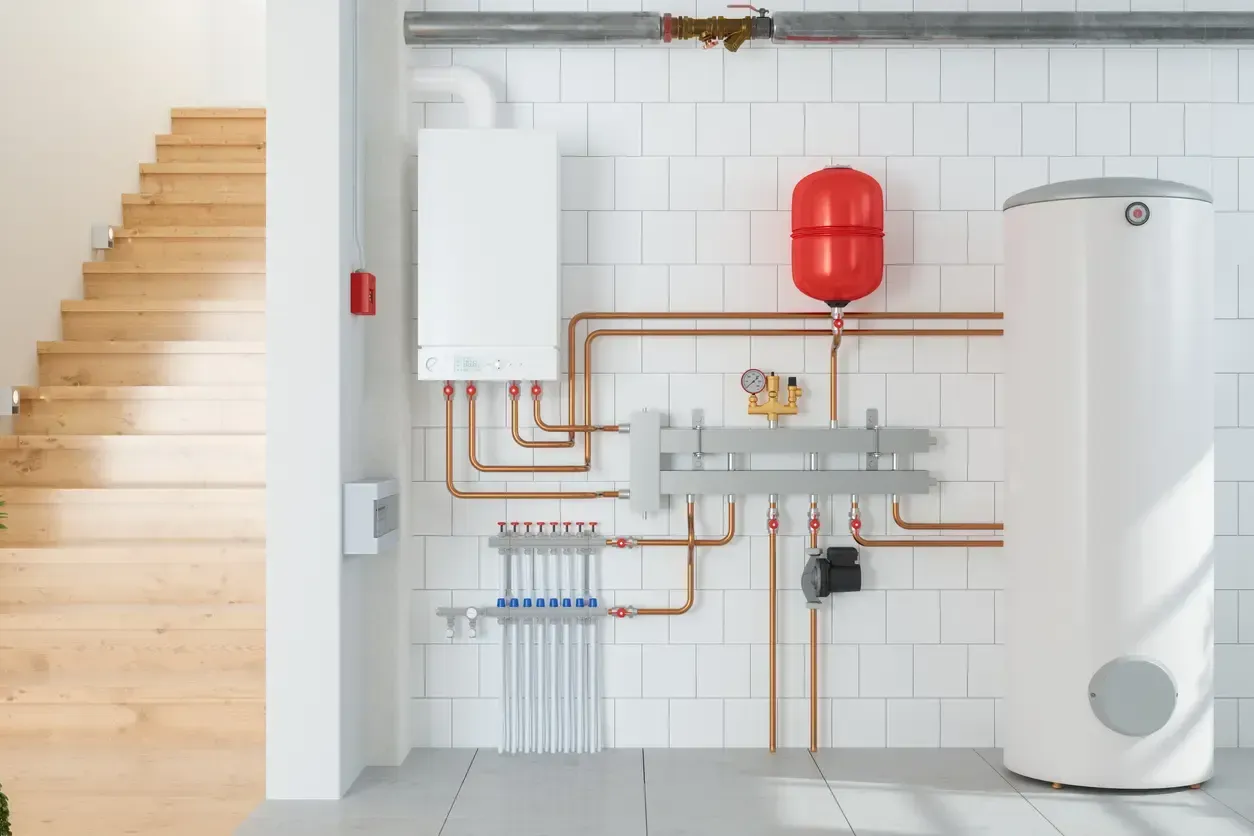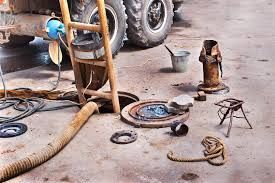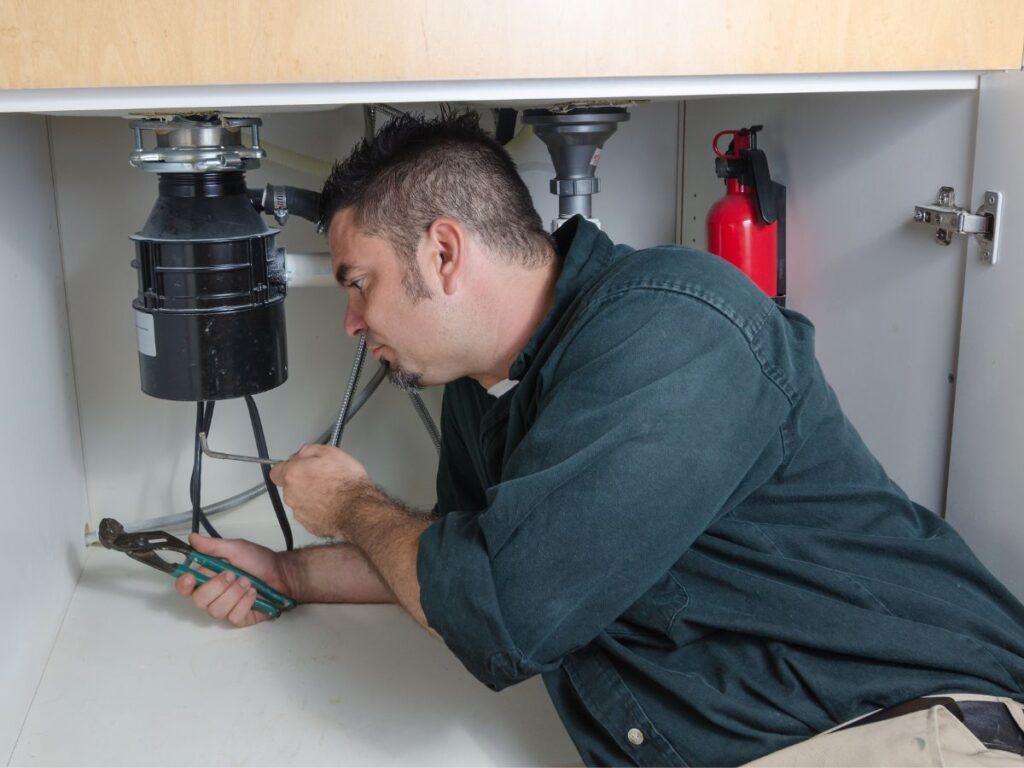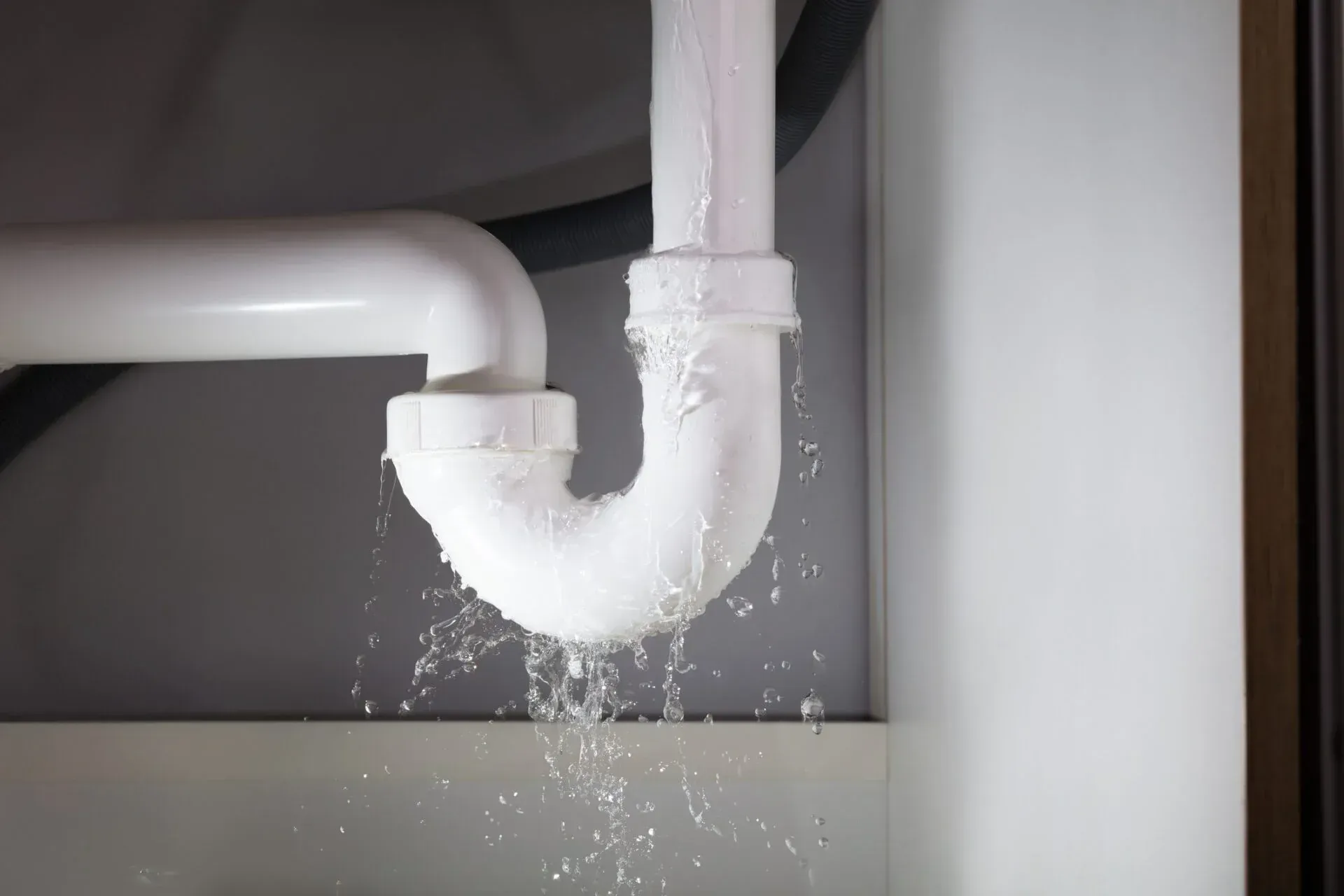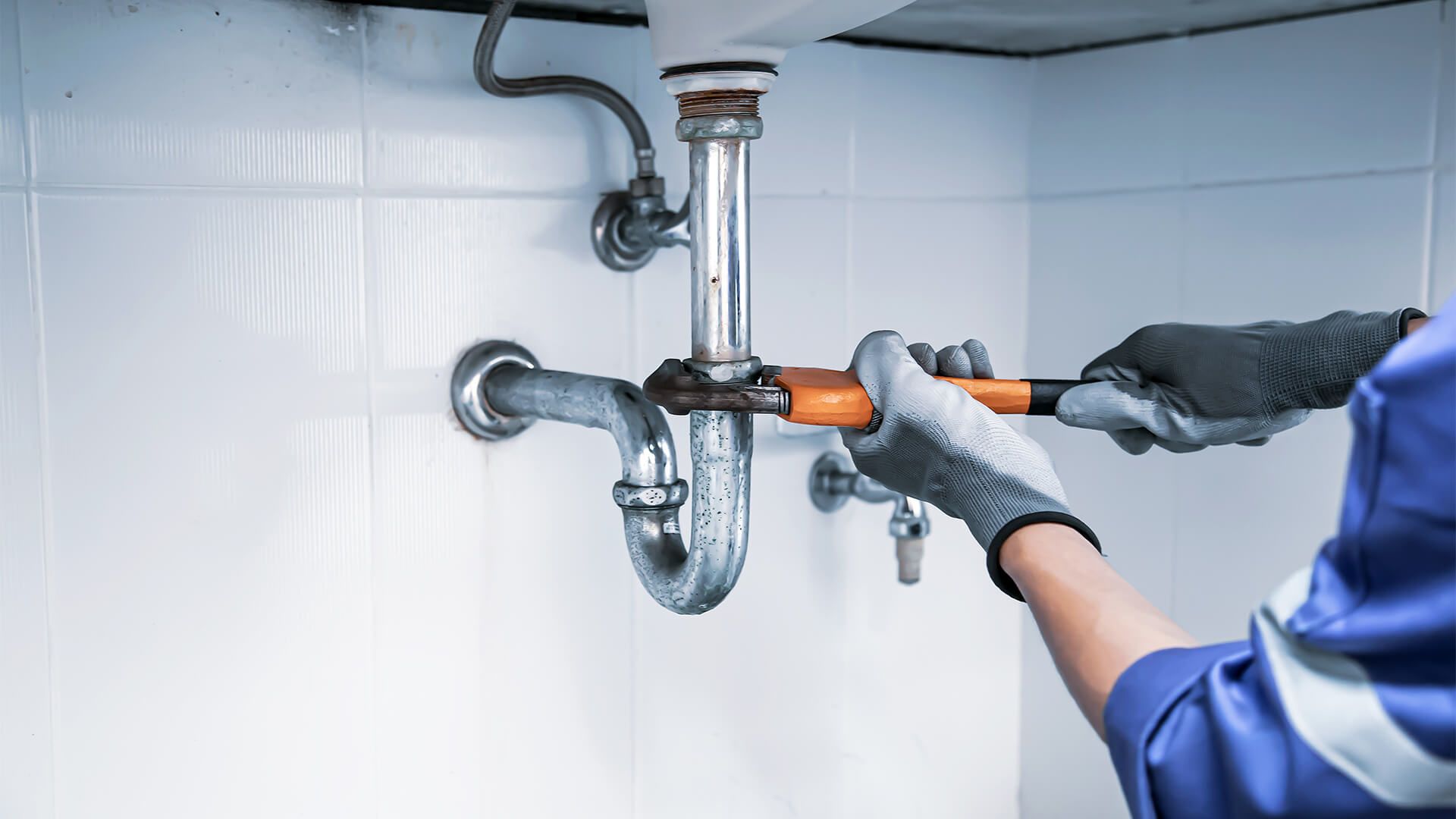Repairing VS Replacing your Hot Water Heater
A hot water heater is one of those appliances we often take for granted—until it stops working. There’s nothing worse than stepping into a cold shower on a winter morning or realizing that your laundry and dishes aren’t getting properly cleaned. When your water heater starts acting up, you’re faced with a critical decision: should you repair it or replace it altogether?
Making the right choice isn’t always straightforward. Several factors come into play, including the age of your unit, the severity of the issue, the cost of repairs, and energy efficiency. In this guide, we’ll dive deep into the signs that indicate your water heater needs attention, the risks and costs associated with both options, expert recommendations, and how to prevent future problems.
When I Flush my Toilet it Fills up with Water?
Common Water Heater Issues
Understanding the potential problems that affect your water heater can help determine whether a repair or replacement is necessary. Here are some of the most frequent issues homeowners encounter:
1. Lack of Hot Water
A common complaint is that the water isn’t heating properly or runs out too quickly. This could be due to a faulty thermostat, a broken heating element, or sediment buildup in the tank reducing efficiency.
2. Strange Noises from the Tank
If you hear popping, banging, or rumbling sounds coming from your water heater, it’s usually caused by sediment buildup. Over time, mineral deposits accumulate at the bottom of the tank, leading to overheating and inefficiency.
3. Leaking Water Heater
Leaks can occur from valves, connections, or the tank itself. A small leak from a valve may be repairable, but a leak from the tank is usually a sign of internal corrosion, which requires a full replacement.
4. Rusty or Discolored Water
If your hot water appears rusty or has a metallic odor, it could indicate corrosion inside the tank or in your home’s plumbing system. If the issue is within the tank, replacement is often necessary.
5. Inconsistent Water Temperature
Fluctuations in water temperature may be due to a malfunctioning thermostat or a failing heating element. These components can often be repaired, but if the problem persists, it may be time for a new unit.
6. Water Takes Too Long to Heat
If your water heater takes an unusually long time to heat up, the issue could be an aging heating element, sediment buildup, or poor insulation. In older units, replacing the heater may be more cost-effective than attempting repairs.
When Is Replacement the Better Option?
Sometimes, no matter how well you maintain your water heater, replacement becomes inevitable. The average lifespan of a traditional tank water heater is around 8-12 years, while tankless models can last up to 20 years with proper care. If your unit is approaching (or has exceeded) its expected lifespan, replacement is usually the better long-term investment.
1. Your Unit Is More Than 10 Years Old
Water heaters don’t last forever. If yours is over a decade old, even minor repairs may not be worth the cost, as other parts of the unit may soon fail.
2. The Tank Is Leaking
A leaking tank is a clear indication that replacement is necessary. Once corrosion eats through the metal, repairs are not an option.
3. Frequent Repairs Are Adding Up
If you find yourself calling a plumber multiple times a year, those repair costs can quickly exceed the price of a new unit. In many cases, replacing the water heater is the smarter financial decision.
4. Your Energy Bills Are Increasing
Older water heaters are often inefficient, consuming more energy to produce the same amount of hot water. Upgrading to a modern, energy-efficient model can lower your monthly utility bills.
5. Your Household’s Hot Water Needs Have Changed
If your family has grown or your water usage has increased, your current unit may no longer meet your needs. Upgrading to a larger tank or a tankless system can provide more consistent hot water.
The Risks of Delaying Repairs or Replacement
Ignoring water heater problems can lead to bigger—and costlier—issues down the line. A malfunctioning unit can cause inefficient heating, leading to higher energy bills. If left unchecked, small leaks can turn into major water damage, potentially ruining floors, walls, and even causing mold growth.
A faulty pressure relief valve or overheating due to sediment buildup can pose serious safety risks. In extreme cases, a failing water heater can lead to dangerous pressure buildup, increasing the risk of an explosion. While this is rare, it underscores the importance of addressing issues promptly.
Whether you choose to repair or replace, acting quickly is key to preventing bigger problems and ensuring you have reliable hot water when you need it.
Is it Worth it to Repair a Garbage Disposal?
Expert Recommendations: How to Make the Best Choice
If you’re unsure whether to repair or replace your hot water heater, consider the “50% Rule.” If the cost of repair is more than 50% of the cost of a new unit, replacement is usually the smarter financial decision. Additionally, if your unit is more than ten years old, even a small repair may not be worth the investment, as it’s likely to have other issues soon.
Consulting a professional plumber can also help you make an informed choice. A qualified technician can assess your unit’s condition, identify underlying issues, and provide a realistic estimate of repair and replacement costs.
Preventive Measures to Extend Your Water Heater’s Lifespan
Whether you repair or replace your unit, regular maintenance is key to keeping it in good working order. Flushing the tank annually to remove sediment can prevent efficiency loss and overheating. Checking the anode rod—a metal rod inside the tank that prevents rust—every few years and replacing it when necessary can significantly extend the life of your unit.
Setting the thermostat to a safe temperature (around 120°F) not only prevents scalding but also reduces wear and tear on the heating elements. If you have a traditional tank water heater, insulating the tank and pipes can improve efficiency and reduce energy costs.
Conclusion: Making the Smart Choice for Your Home
Deciding between repairing and replacing your hot water heater can feel overwhelming, but by considering factors like the unit’s age, the severity of the issue, and the cost of repairs, you can make an informed decision.
If your unit is relatively new and the problem is minor, a repair can keep it running efficiently for years. However, if it’s nearing the end of its lifespan or experiencing frequent breakdowns, replacing it with a modern, energy-efficient model can save you money in the long run.
Whatever you decide, don’t ignore the warning signs. Addressing water heater issues promptly ensures you always have hot water when you need it—without the risk of unexpected failures or costly damage. If you’re still unsure, consulting a professional plumber can provide clarity and peace of mind, helping you choose the best path forward for your home.
